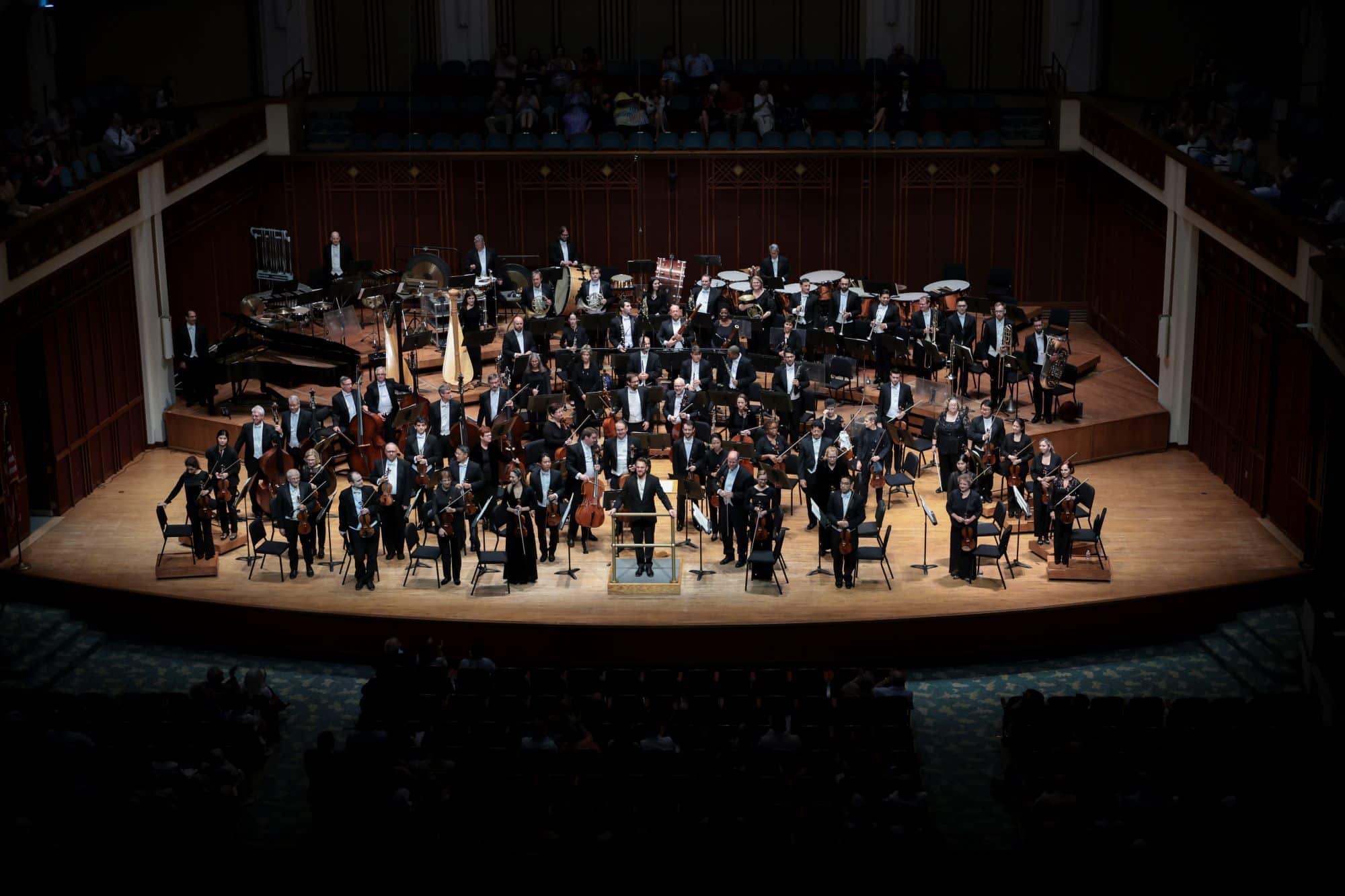Only four women admitted to conducting finals
mainThe Malko Competition has published its list of competitors.
Just four women have been selected out of 24 who will vie for a 20,000-Euro prize and engagements with 34 orchestras, including the Vienna Philharmonic.
One woman judge will sit on a panel of 16.
There is a helluva long way to go before classical music has a level playing field.
The Malko takes place in Denmark, by the way, where the prime minister is a woman.

Competitors selected:
Elim Chan (born 1986, United Kingdom)
Tung-Chieh Chuang (born 1982, Taiwan)
Yuga Cohler (born 1989, USA)
Conner Gray Covington (born 1987, USA)
Nicholas Hersh (born 1988, USA)
Seokwon Hong (born 1982, South Korea)
Trond Husebø (born 1979, Norway)
Risto Joost (born 1980, Estonia)
Stilian Kirov (born 1984, Bulgaria)
Dmitry Kryukov (born 1990, Russia)
Earl Lee (born 1983, Canada)
David Niemann (born 1990, Germany)
Jesko Sirvend (born 1986, Germany)
Giedre Slekyte (born 1989, Lithuania)
Jonathan Spandorf (born 1984, Israel)
Vinay Parameswaran (born 1987, USA)
Anna Rakitina (born 1989, Russia)
Andrey Rubtsov (born 1982, Russia)
Jesus Uzcategui (born 1988, Venezuela)
Benjamin Wallfisch (born 1979, United Kingdom)
Dean Whiteside (born 1988, USA)
Lu Yu (born 1989, China)
Noam Zur (born 1981, Germany)
Johannes Zurl (born 1979, Germany)





Comments